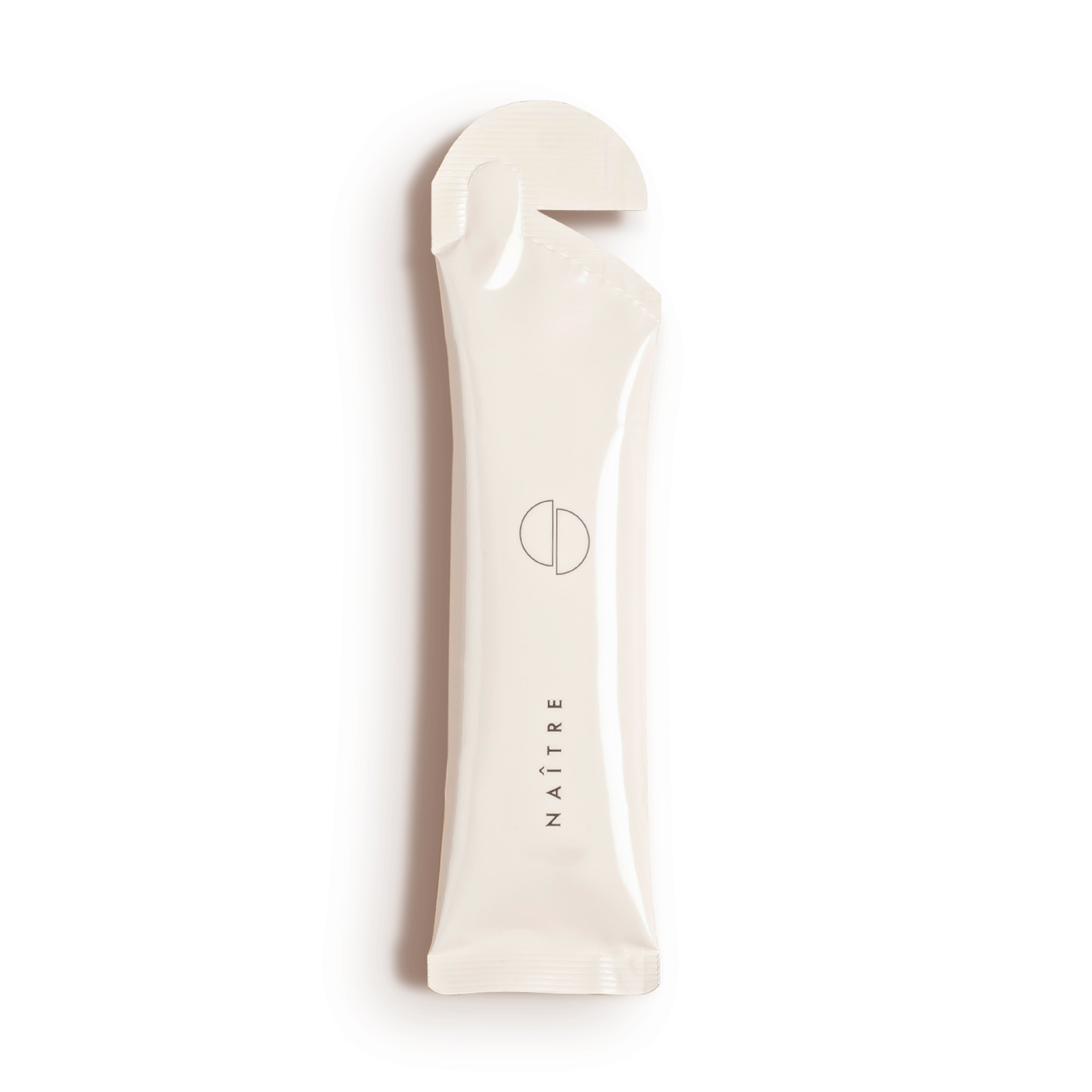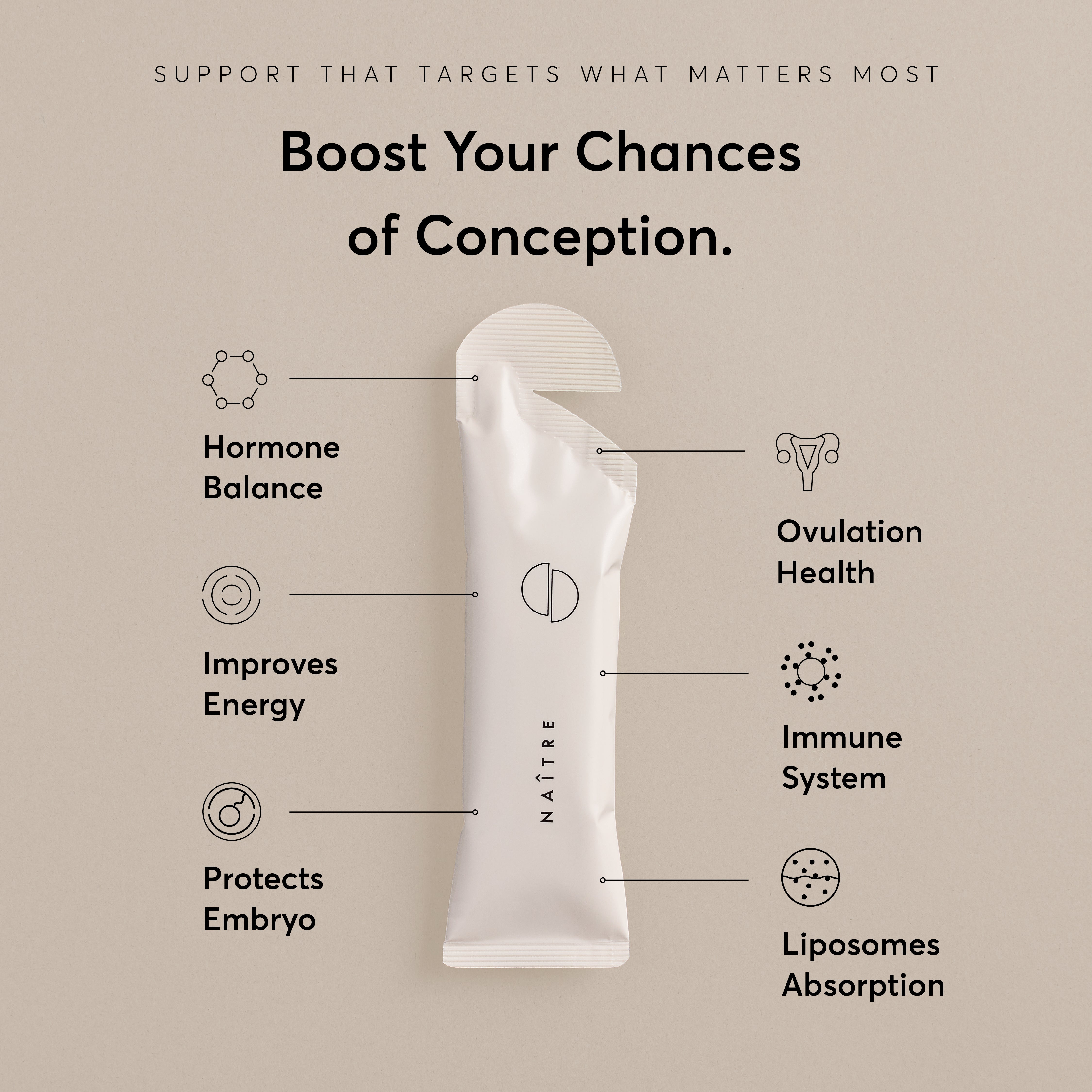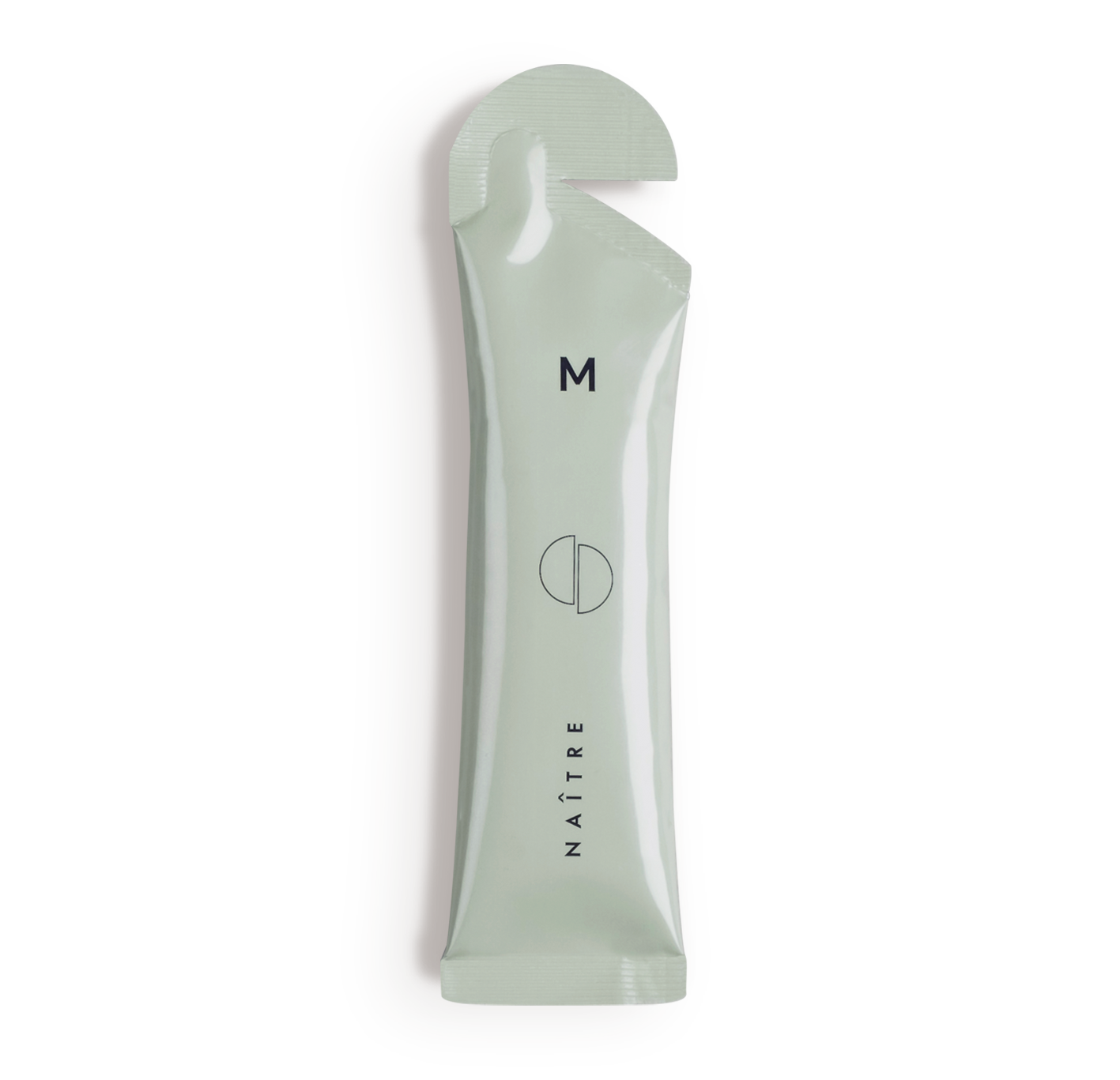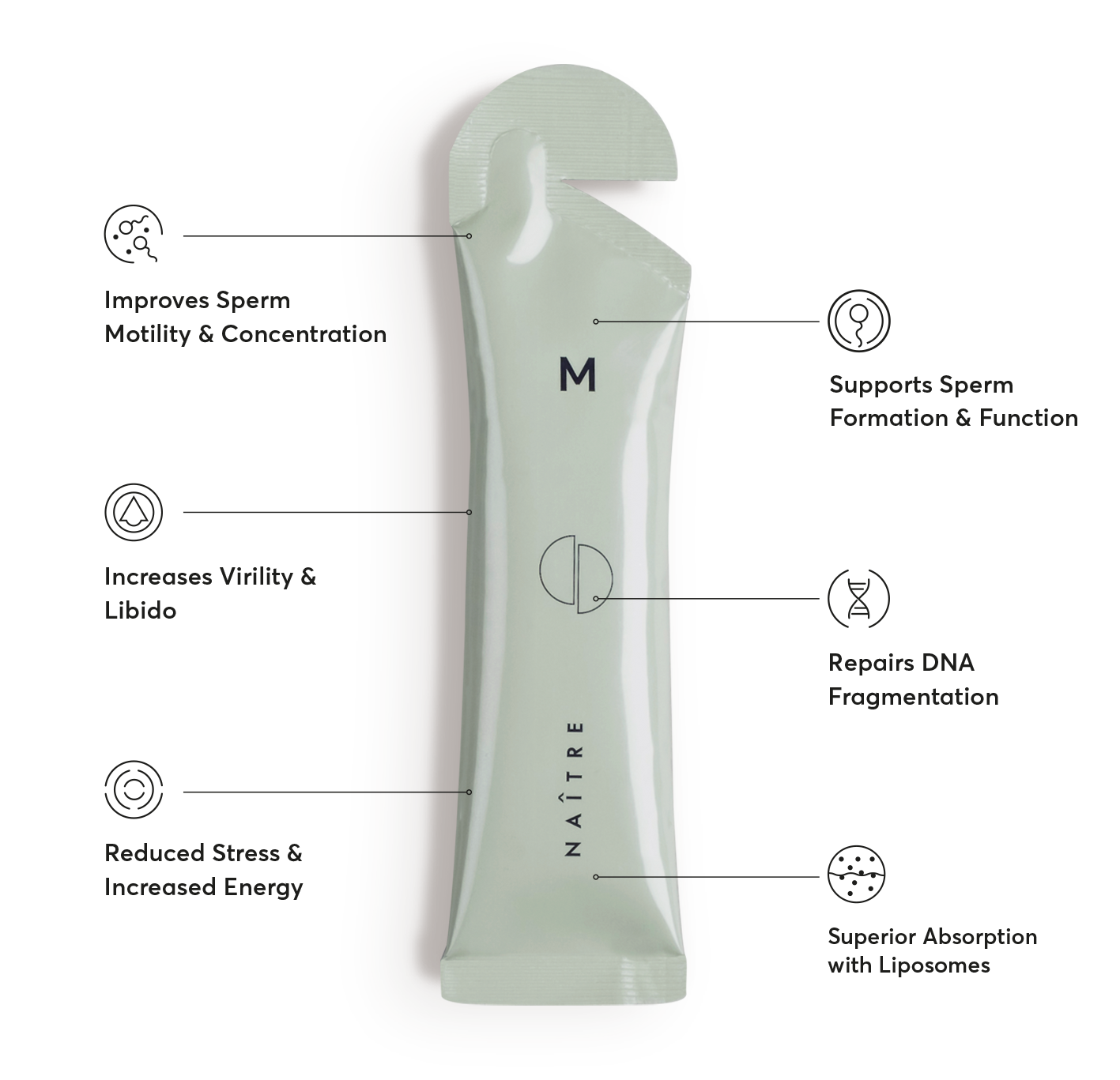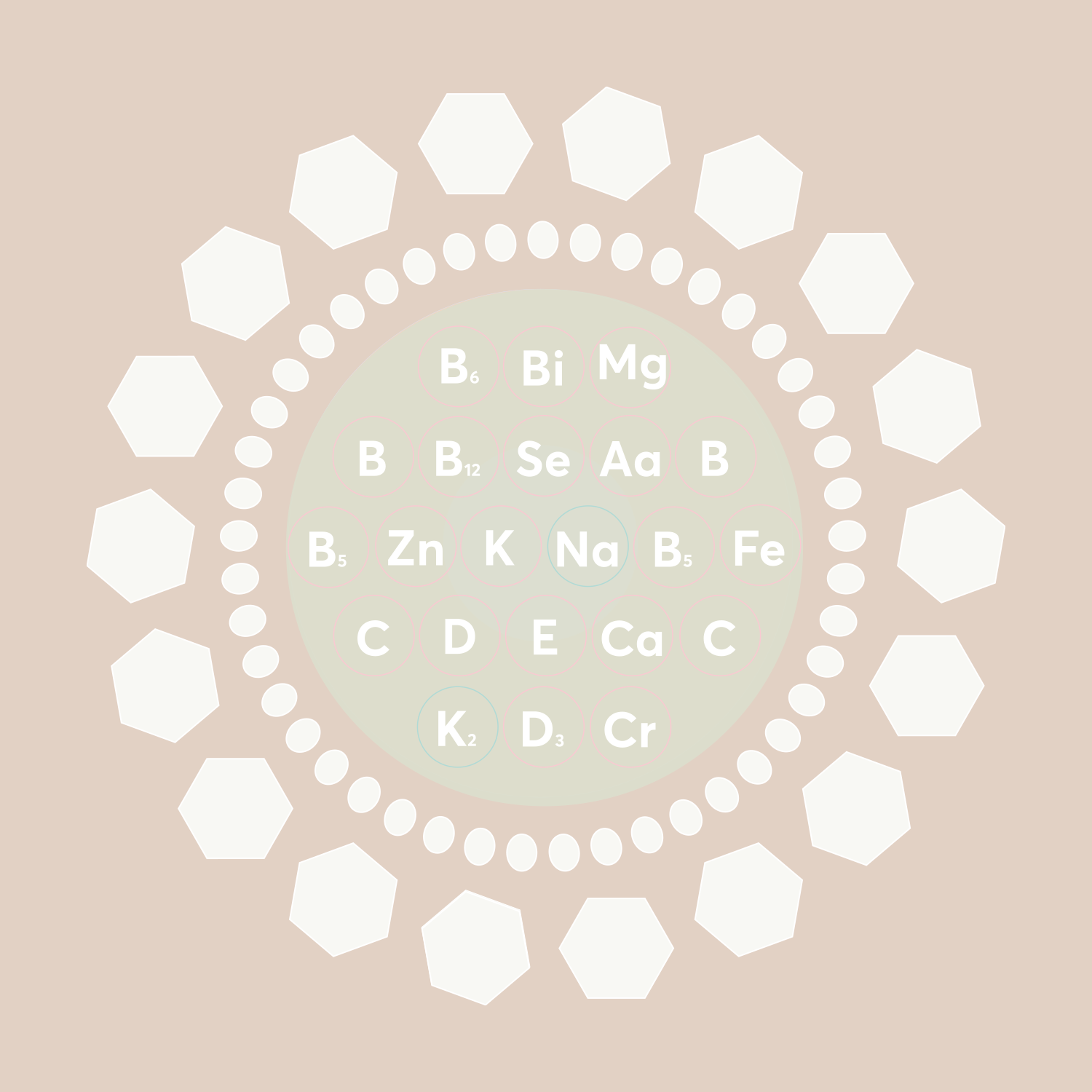
Today, we know so much more about the way food impacts our health than previous generations, especially how different diets directly impact fertility and egg quality.
This is an important but often overlooked topic that can play a role in helping the 1 in 7 hetrosexual couples who are affected by infertility in the UK go on to successfully conceive. As there is now a lot of quality research available demonstrating the link between good nutrition and the improved ability to conceive for women, with best results happening when nutrition is addressed at least four months before conceiving for best egg and embryo quality outcomes.
Why Is Female Egg Quality So Important?
‘Ovulation’ is the term used to describe the small window of the menstrual cycle when a woman is ready to fall pregnant. Here, an egg will be released from one ovary and if there is sperm already in the fallopian tubes then the egg can be fertilised. This happening does not automatically mean a pregnancy will then occur, for this to happen a healthy and strong egg is needed to increase the chances of an embryo implanting in the uterus. (This is also why sex should occur just before ovulation happens.) So, it is important that high quality eggs are created to ensure high quality embryos, which are vital for successful pregnancies to happen.
What Are the Factors that Can Impact the Quality of Your Eggs?
There are many factors that can directly impact the quality of your eggs. It is important to understand these especially if you are trying to conceive or wish to in the near future.
- Age - Studies have found that as women age their rates of healthy eggs decreases, with women in their early twenties having approximately 20% abnormal egg quality and with women in their forties having around 80% abnormal egg quality.
- Anti-Mullerian Hormone - Anti-Mullerian Hormone (AMH) is a hormone that is produced by the granulosa cells in the ovarian follicles. According to the Imperial College NHS trust, AMH decreases with age and so testing it is the best indicator of egg reserve. The test is a simple blood test.
- FSH / Estradiol - Measuring levels of estradiol alongside follicle stimulating hormone (FSH) can also be used to screen for ovarian reserve. As the higher the FSH, the lower the oestrogen levels usually are - which can happen from around thirty-five years of age, possibly indicating perimenopause. This test is carried out as a simple blood or urine test.
- Antral Follicle Count - Antral Follicle Count (AFC) or ‘basal antral follicle count’ is a test carried out to assess a female’s ovarian reserve. This test is carried out by trans vaginal ultrasound during the early phase of the menstrual cycle, with the doctor counting the number of egg-containing follicles that they can see developing on both ovaries.
Is There a Fertility Diet Available to Help Optimise Women’s Egg Quality?
When it comes to a universal fertility diet, although there are certain principles that can be applied to everyone it should always be remembered that you are an individual therefore it might need tweaking to further include specific foods or supplements that can help rectify certain deficiencies or to help with any underlying conditions you may have.
In saying that, basic principles to address according to a study published in the journal ‘Frontiers in Endocrinology’, that were observed to be beneficial for reducing infertility and optimising egg quality include ensuring:
- Adequate intake of monounsaturated fatty acids from vegetables may be effective in the prevention of female infertility.
- Adequate intake of antioxidants also supports female reproductive functions, especially dietary supplements containing folic acid, β-carotene, Vitamin C and E.
- Adequate nutritional support of the monthly menstruation cycle is definitely efficient in shortening the time to conception.
To summarise from this study, the correct balance of proteins, carbohydrates, fats, antioxidants and folate in the diet are needed daily to ensure optimal female reproductive health and to help lower the rate of infertility.
Incorporating the following foods can also be extremely beneficial when trying to optimise egg quality for conception as they are part of the highly published Mediterranean diet that has been found to help with conception (and other health benefits):
- Leafy green vegetables
- Seed & nuts
- Seafood (eaten in moderation)
- Cheeses (eaten in moderation)
- Blackberries
- Blueberries
- Green tea (an addition to the revised Mediterranean diet)
Foods and drinks on the other hand that are counterproductive to fertility and egg quality include the following and should be avoided:
- Trans fats
- Sugar
- Highly processed
- Pesticides (choose organic as much as possible)
- Alcohol
- Caffeine
Lifestyle Improvements that can Improve Egg Health
Lifestyle changes can be just as important as nutrition and should not be overlooked. The following points are important for improving fertility, especially optimising the quality of eggs in women:
- Obesity - Being overweight or obese can have serious health consequences and is also linked to causing infertility. Achieving the desired weight loss has then also helped restore fertility in women including optimising ovulation and egg quality.
- Smoking - In the UK, women who have smoked during their reproductive years are 16% percent more likely to miscarry and The Journal of Biosocial Science published a study by Dr Marcus Munafo that clearly demonstrated smoking makes conception harder and women in the study who smoked took longer to fall pregnant than those who did not.
- Alcohol and environmental toxins - It is important to avoid alcohol and environmental toxins as not only do they both damage the egg, but also the sperm and the growing baby. Weed killers (such as Roundup), flea collars, cleaning chemicals, perfumes and fluoride are all examples of environmental toxins that are frequently overlooked.
- Caffeine - Early studies have demonstrated that caffeine intake stops the important fertile egg maturation process from happening correctly, and therefore can go on and negatively affect conception.
- Sleep - Lack of sleep is detrimental to fertility in many ways, one such way is that it drops a woman's chances of fertility. This is because sleep itself is important for making hormones related to reproductive health and sleep deprivation causes the production of higher levels of stress hormones instead, further impairing the body’s capacity to conceive.
- Stress reduction - Recent studies have connected a woman's level of every day stress to lowered chances of pregnancy. One study showed that women with high levels of an enzyme that shows stress is present (alpha-amylase) took 28% longer to get pregnant compared to women in the study who had lower levels. So although stress is not completely avoidable, it does pay to learn new tools to cope with stress such as yoga and mindful meditation.
- Moderate exercise - When trying to conceive, do not fall into the trap that excessive exercise will help. As exercise-induced infertility is very real, and it is understood that over exercising causes changes to the hormones responsible for fertility and can go on to negatively interfere with ovulation as a result.
Which Supplements Can Improve Egg Quality?
Supplements are always an addition to a healthy whole-food based diet, and they should never be seen as a replacement. The main reason we should supplement is to obtain nutrients we cannot get from food or that we cannot get in the levels we need from food.
Here is a short guide to important nutrients that can be hard to obtain from a healthy diet which may need to be supplemented when trying to conceive and create healthy viable eggs:
- Folate
- CoQ10
- Fish Oil
- Inositol
- Vitamin D
If you would like to learn more about choosing the right fertility supplement please read our article here on this important topic.
Key Points on Using Nutrition to Improve Fertility and Egg Quality
It can be easy to think that a specific food or supplement can magically restore unhealthy eggs or create a healthy pregnancy with the large amount of misleading advertising commonplace in today’s society. However, given that it takes about four months for eggs to reach full maturity in women, and that the health of a woman's eggs is deeply intertwined with a healthy diet and lifestyle, this leaves every woman interested in fertility health with many proactive steps to take that will help optimal healthy egg development.

